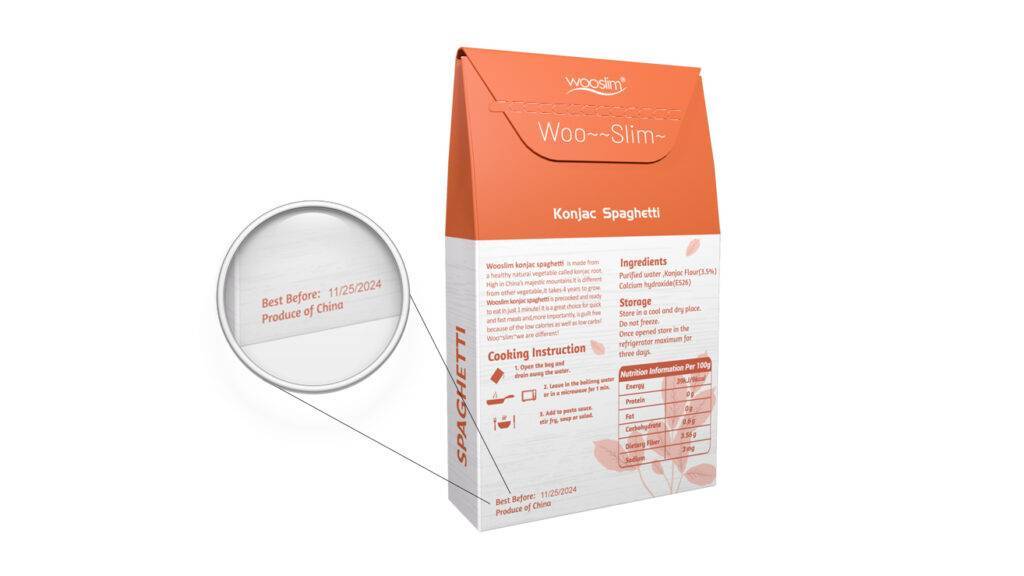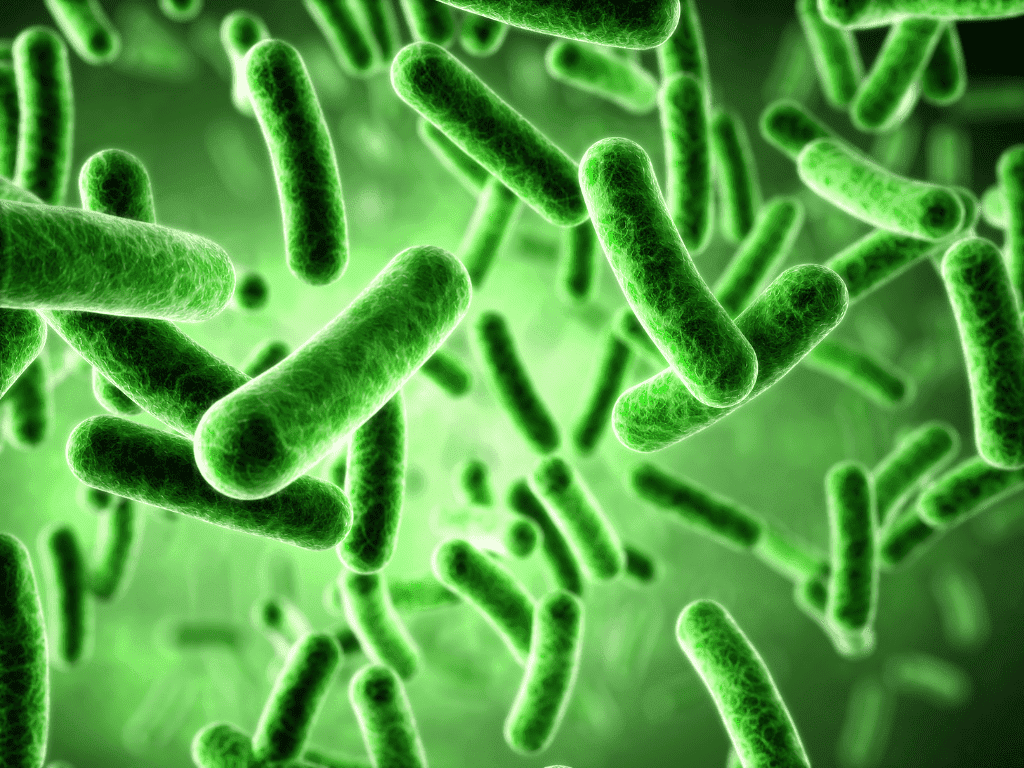
Contact Us through info@lovekonjac.com

Yes, Shirataki noodles can last beyond their suggested shelf life, but it is generally recommended to follow the expiration date for optimal quality. If the noodles have been stored at room temperature or refrigerated and still maintain their shape, without any signs of spoilage such as a foul odor, discolored water, or easy breakage, they are fine to eat for a period of 1-2 months after the date. However, if it has been more than two months, it is advisable to discard them to ensure food safety.
It’s important to pay attention to your body’s response when consuming these noodles past their expiration date. If you experience any discomfort or adverse reactions, it is recommended to consult a doctor. While Shirataki noodles can potentially last longer than the suggested shelf life, it’s always better to prioritize food safety and freshness.
Sometimes it happens accidentally: You use something from the depths of your refrigerator or pantry only to realize after you use it that it’s expired. Should you panic? Probably not.
The truth is that the USDA states that for many foods, the expiration date is actually a date that refers to the quality of the food, not its safety. Most of the time you will not get hurt eating expired food, it may simply not taste as good.
If you’re curious about what can happen if you eat expired foods, then there are a few of the possible side effects you can experience.
Eating expired food can lead to food poisoning, resulting in unpleasant symptoms like vomiting, nausea, diarrhea, stomach cramps, chills, and fever.
You can get food poisoning from expired foods if they are spoiled or contaminated, so it really depends on what you’re eating and exactly how expired it is. Perishable foods such as meat, eggs, fruits, and vegetables are more likely to make you sick. But often you can tell that these foods shouldn’t be eaten because they have a strange texture, color, or smell. They often taste bad, too.

Some expired foods can expose you to dangerous bacteria or toxins that can make you ill. Molds, bacteria, and yeast can cause food to spoil and result in stomach problems. Additionally, they can cause symptoms like confusion, stiff neck, muscle aches, and loss of balance. That’s why eating food that has mold on it is a bad idea, as it can have detrimental effects on your health.

Developing good eating habits is crucial for maintaining overall health. It is essential to establish a routine that includes three meals a day, with a focus on timing and portion control. A balanced diet, avoiding greasy and spicy foods, and staying hydrated by consuming warm water are all important aspects of a healthy eating regimen. Regular exercise, maintaining a positive mindset, and getting sufficient rest and sleep is also vital for a healthy lifestyle.

For your own health, it’s best to eat all foods within their expiration date. Good habits and a healthy diet can help improve your physical health.